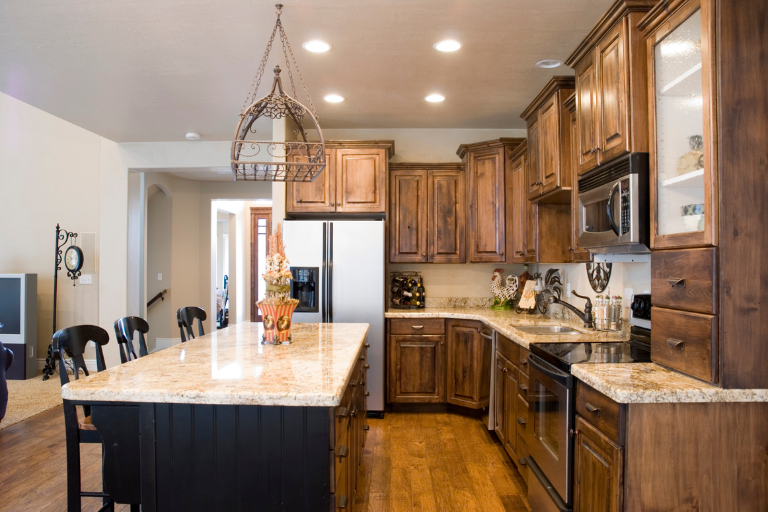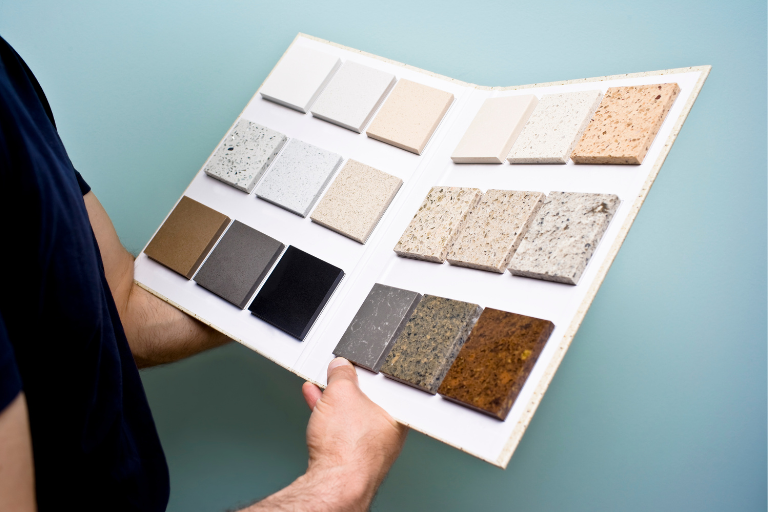If you’re thinking about making a change to your living situation, there’s one big question you may be asking: should I renovate my current home or build new? It’s a common dilemma for homeowners who are ready for something different but aren’t sure whether to upgrade what they already have or start fresh with brand-new construction. Both paths come with unique benefits and challenges, and the best choice depends on your goals, your budget, and your lifestyle. Let’s break down what you need to know before making your next move.
Renovation Lets You Keep What You Love—But Update What You Don’t
Renovating is a great option if you’re happy with your neighborhood, love your location, or simply want to stay where you are without the stress of moving. It gives you the freedom to transform spaces that no longer serve you, whether that means opening up your floor plan, refreshing outdated finishes, or adding more usable square footage. A well-planned renovation can also boost your home’s value and make everyday life more enjoyable. That said, renovation projects can be messy, time-consuming, and full of surprises—especially if your home is older or hasn’t been updated in years. It’s not uncommon to run into hidden issues once walls are opened up or systems are evaluated. Having a clear plan, realistic budget, and trustworthy contractor is key to making the process as smooth as possible.
New Construction Means Starting Fresh—With Modern Everything
If you’re dreaming of something completely move-in ready with all the latest features, new construction might be the way to go. Building new gives you the opportunity to select layouts, finishes, and features that match your style and needs. Plus, everything is up to current codes, energy-efficient, and under warranty, which means fewer surprise repairs and lower maintenance costs—at least in the beginning. On the flip side, new construction can take several months (or longer) to complete, and delays aren’t uncommon due to labor shortages or supply chain issues. And while the home may be brand new, not everything is always included. Landscaping, window treatments, fencing, and certain upgrades often come at an extra cost, so it’s important to understand exactly what’s included in the base price versus what’s considered an add-on.
Your Budget Might Make the Choice For You
When it comes down to it, cost can be a major deciding factor. Renovating can be more affordable if you’re only making a few changes or working within the existing structure. But if your renovation plans involve major upgrades like plumbing, electrical, or structural changes, the expenses can add up quickly. With new construction, you’ll usually know what you’re paying upfront—but it’s easy to get carried away with upgrades and customizations, which can significantly increase the final cost. Also, keep in mind that in some areas, new homes come with additional expenses like HOA fees or special taxes, such as Mello-Roos. Whether you choose to renovate or build, it’s important to create a detailed budget and understand the true cost of your decision from start to finish.
Timing and Lifestyle Matter More Than You Think
Your current lifestyle, timeline, and tolerance for disruption should all be part of your decision-making process. Renovating often means living in a construction zone for a period of time, which can be especially tough if you work from home or have young kids. However, it can be worth the temporary inconvenience if you’re emotionally attached to your home or neighborhood. On the other hand, new construction offers a clean slate and a simplified move-in process, especially if you’re relocating or seeking a major change. The layout is designed with today’s living in mind, and you won’t have to think about repairs or updates for quite a while. But keep in mind that new developments may not have fully established neighborhoods or amenities right away, so it’s important to factor in your quality of life during the first few years.
Still Torn? Run the Numbers and Talk to a Pro
If you’re still on the fence, you’re not alone—and this is exactly where a real estate professional or contractor can help. Comparing the resale potential of your home after renovations versus the long-term value of a new build can offer some much-needed clarity. Walking through model homes or getting a renovation estimate can also make the decision more tangible. Sometimes the emotional side of moving or staying plays just as big of a role as the financial side. So take time to consider your goals, both short-term and long-term, and don’t be afraid to lean on experts who can walk you through the pros and cons based on your specific situation. Let’s chat! 949-491-2446








